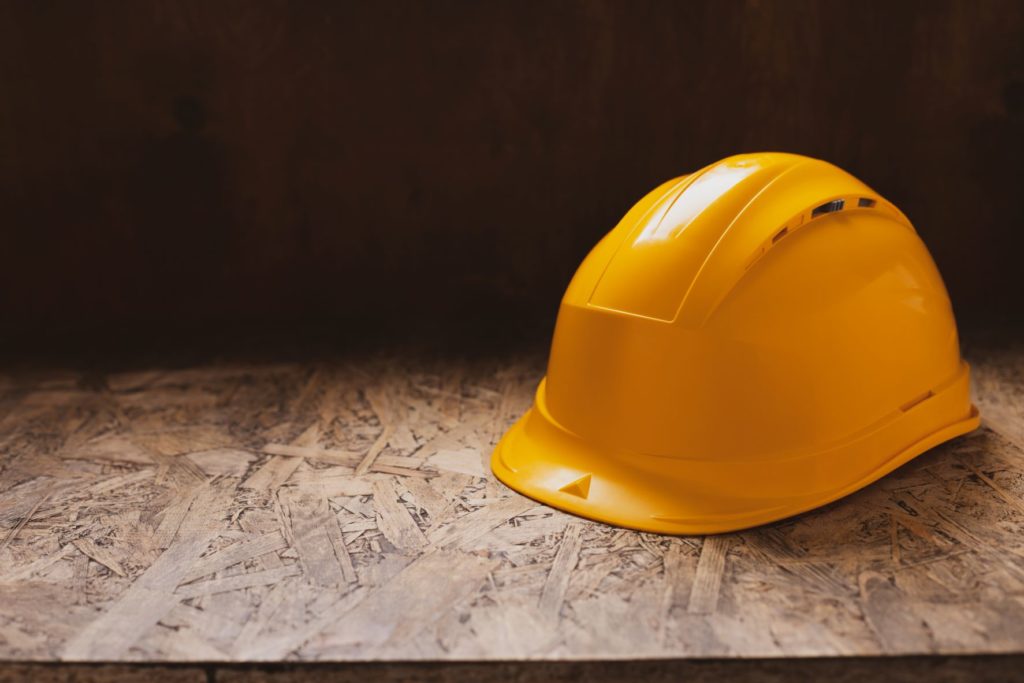Your credit score is important. It can impact your ability to get financing for your construction business, the interest rates you pay on that financing, and whether or not you’re able to get insurance. A strong credit score will save you money and help you protect your business. Here are seven things you need to know about credit scores in construction businesses.
Why your credit score matters in construction
When it comes to construction, your credit score matters. A good credit score can grant you access to loans with lower interest rates, which can save you money over the life of the loan. It can also help you to get a better rate on insurance premiums. In some cases, a good credit score may even be required in order to be approved for a construction loan. Likewise, a bad credit score can have the opposite effect, making it more difficult and expensive to finance a construction project. Therefore, if you’re planning to constructions embark on a construction project, it’s important to take steps to improve your credit score. By doing so, you’ll increase your chances of obtaining financing at a favorable rate and ensure that your project stays on budget.
The 5 steps to take to improve your creditworthiness
Improving your creditworthiness is important if you want to access the best loan and mortgage rates. Here are the 5 steps you can take to improve your creditworthiness:
1. Check your credit report for errors and dispute any that you find.
2. Pay your bills on time, every time.
3. Reduce your debt load by paying down high-interest debts first.
4. Build a diverse mix of credit accounts and maintain a good credit history with each one.
5. Use credit wisely by only borrowing what you can afford to repay.
By following these steps, you can improve your creditworthiness and get on the path to financial success.
Why you need a strong credit history
Strong credit history is important for several reasons. Perhaps most importantly, it can help you qualify for loans and lines of credit at favorable terms. Lenders use your credit score as a way to gauge your financial responsibility, and a high score indicates that you’re likely to repay your debts on time. Strong credit history can also help you get approved for rental housing and may even lead to lower insurance rates. In short, there are many good reasons to take steps to build a strong credit history. By paying your bills on time and keeping your balances low, you can give yourself a solid foundation for financial success.
How to get started on the path to a better credit score
A good credit score is important for several reasons. It can help you qualify for loans with favorable terms, secure lower interest rates, and even rent an apartment. If your credit score is low, don’t despair—there are steps you can take to improve it. First, order a copy of your credit report from the major credit bureaus. Next, identify any inaccuracies and take steps to correct them. Finally, make sure you keep up with your payments and use credit wisely going forward. By following these simple steps, you can begin the journey to a better credit score.
The benefits of having a good credit score in construction
A good credit score is important for many reasons. In the construction industry, a good credit score can help you get loans for projects, lines of credit to buy materials, and better interest rates on loans. It can also help you get bonding, which is essential for many construction contracts. If you have a good credit score, you’re more likely to get the job you want and be able to work with the best contractors. In short, a good credit score can give you the opportunity to build a successful career in construction.

How to maintain a good credit score
A credit score is a numerical representation of your creditworthiness. It is based on your credit history, which is a record of your past borrowing and repayment behavior. The higher your credit score, the more likely you are to be approved for loans and credit cards and to qualify for lower interest rates. There are a number of things you can do to maintain a good credit score. First, make sure you always make your payments on time. Late payments can stay on your credit report for up to seven years and will damage your score. Second, keep your credit utilization low. This is the percentage of your available credit that you are using at any given time. It is best to keep this number below 30%. Finally, don’t open new lines of credit unnecessarily. Every time you apply for a new loan or credit card, it results in a hard inquiry on your credit report, which can temporarily lower your score. By following these simple tips, you can maintain a good credit score and access the best borrowing terms when you need them.
The impact of a bad credit score on construction and improving it with Personaltradelines
A bad credit score can have a significant impact on construction projects. The higher the credit score, the lower the interest rate that lenders will charge. This can increase the cost of construction projects and make it more difficult to get financing. In addition, a bad credit score can result in increased insurance premiums and bonding costs. It can also make it difficult to obtain permits and licenses. As a result, it is important for construction companies to maintain a good credit score in order to avoid these additional costs.
If you’re looking for a way to improve your credit score, consider Personaltradelines. They have tradelines for sale at Personaltradelines that can help you boost your score and get access to better borrowing terms. Order now and you’ll be on your way to a better credit score in no time!
Conclusion
In conclusion, a good credit score is important for many reasons. It can help you qualify for loans with favorable terms, secure lower interest rates, and even rent an apartment. If your credit score is low, don’t despair—there are steps you can take to improve it. First, order a copy of your credit report from the major credit bureaus. Next, identify any inaccuracies and take steps to correct them. Finally, make sure you keep up with your payments and use credit wisely going forward. By following these simple steps, you can begin the journey to a better credit score.
